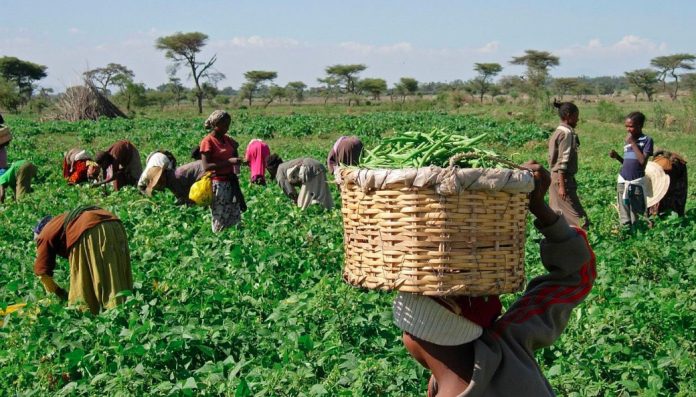
News in brief: Nigeria and the FAO has committed to a five-year agricultural project that will need a $99.5 million funding. The last one did not really deliver on its promise, will this one?
The Nigerian government and the UN’s Food and Agriculture Organization (FAO) have committed to implementing a five-year Country Programming Framework (CPF). According to a report, the $99.5 million fund would come from donations.
The programme is in line with Nigeria’s national development policies as well as the FAO’s global strategic framework targeting agri-food systems transformations in countries, as the organisation’s representative in Nigeria and ECOWAS, Fred Kafeero, said at the agreement signing ceremony in Abuja.
“We are focusing on four pillars which we call the strategic pillars and they are best on the FAO global strategy to realise what is called the four Betters; Better production, Better nutrition, Better environment, and Better life,” he added.
Kafeero said that they began consultation as soon as the last five-year CPF between 2018 and 2022 expired.
What did the last FAO CPF achieve in Nigeria?
More than what a report can show is measuring the objectives of a project against the outcomes. In its outline, the FAO said that its Country Programming Framework for Nigeria between 2018 and 2022 will prioritise the following:
- National food security and nutrition.
- Appropriate and operationally effective agricultural policy and regulatory frameworks.
- Nigeria’s economic diversification agenda and the promotion of decent employment for youth and women in the agriculture value chains.
- Efficient and sustainable management of natural resources and ecosystems.
- Disaster risk reduction, resilience building and emergency management towards strengthening the Humanitarian Development Nexus.

However, the current state of food security in Nigeria as this article shows is no different from when the organisation made the promise. Also, according this statistics the unemployment rate jumped from 8.46% in 2018 to 9.78% in 2021. Although all the blame for this cannot be put on the agric sector, it is clear it failed to make a dent in the problem. If anything, it is employing less in recent years.
In addition, its disaster risk reduction management is not doing well. The 2022 flood that laid waste to an estimated â¦700B in agricultural products and investments is a recent example.
Nigeria’s Minister of Agriculture and Rural Development, Mohammad Abubakar, reiterated similar promise as listed in the outline above. Although, there is no concrete evidence yet that the next five years will be any better than the last one for the country’s agriculture sector.
Abubakar listed strengthening value chain analysis and upgrading priority commodity value chains to increase productivity as part of the project’s aims. He added that the project will strengthen capacities for digital agriculture solutions as well.


